There’s no denying that the supplement industry is booming, but not every supplement is as essential as it seems. Many experts argue that certain vitamins and minerals are not only unnecessary for most people but could even cause more harm than good. In many cases, a well-balanced diet provides all the nutrients you need without supplementation. Here are some supplements that you may not actually need according to experts, and why they might not be worth your money.
Contents
- 1 Multivitamins
- 2 Vitamin C
- 3 Calcium
- 4 Vitamin E
- 5 Omega-3 Fish Oil
- 6 Iron
- 7 B Vitamins
- 8 Zinc
- 9 Magnesium
- 10 Probiotics
- 11 Collagen
- 12 Detox Teas and Supplements
- 13 Glucosamine and Chondroitin
- 14 Melatonin
- 15 Vitamin D
- 16 Iodine
- 17 More From RetailShout
- 18 15 Irresistible Appetizer Recipes for Your Next Party
- 19 16 Decadent Cheesecake Recipes You Can Make at Home
Multivitamins
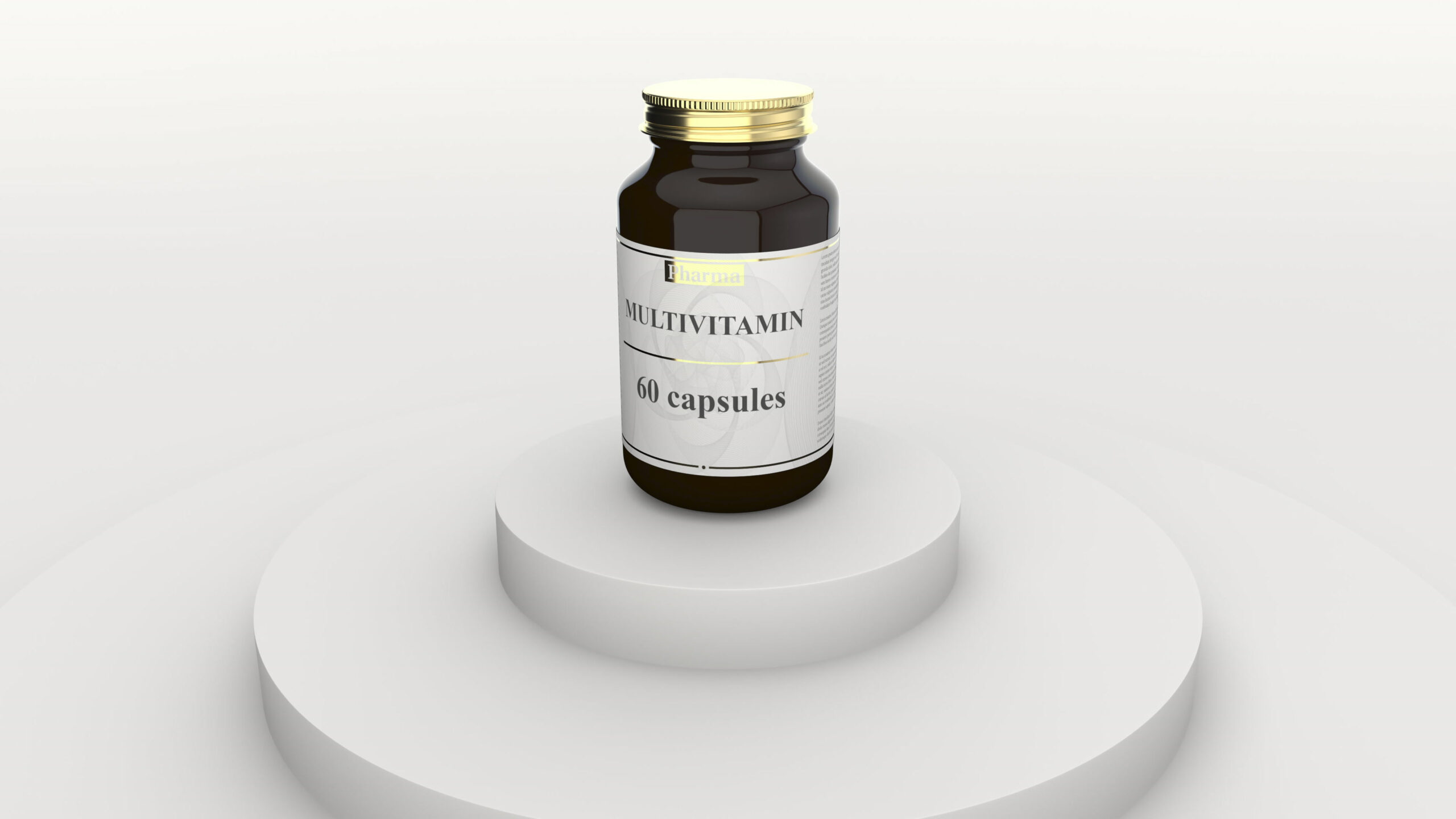
Though multivitamins are marketed as a catch-all for nutritional deficiencies, most people don’t actually need them. Studies have shown that if you follow a healthy diet rich in fruits, vegetables, and whole grains, you’re likely already getting the nutrients a multivitamin provides. Taking them unnecessarily can sometimes lead to excessive intake of certain vitamins, such as A, D, and E, which may cause adverse health effects. Moreover, multivitamins often include synthetic fillers that don’t provide the same benefits as nutrients from food sources. In short, unless advised by a doctor, they are often redundant.
Vitamin C

While vitamin C supplements are widely believed to boost the immune system and prevent colds, research shows this isn’t necessarily the case. Most people get enough vitamin C through their daily diet, as it’s abundant in fruits like oranges, strawberries, and kiwi. Taking extra vitamin C doesn’t provide additional protection against illnesses and, in large doses, can lead to stomach upset and kidney stones. Experts suggest that sticking to dietary sources of vitamin C is safer and more effective. A supplement isn’t necessary unless you’re deficient, which is rare.
Calcium
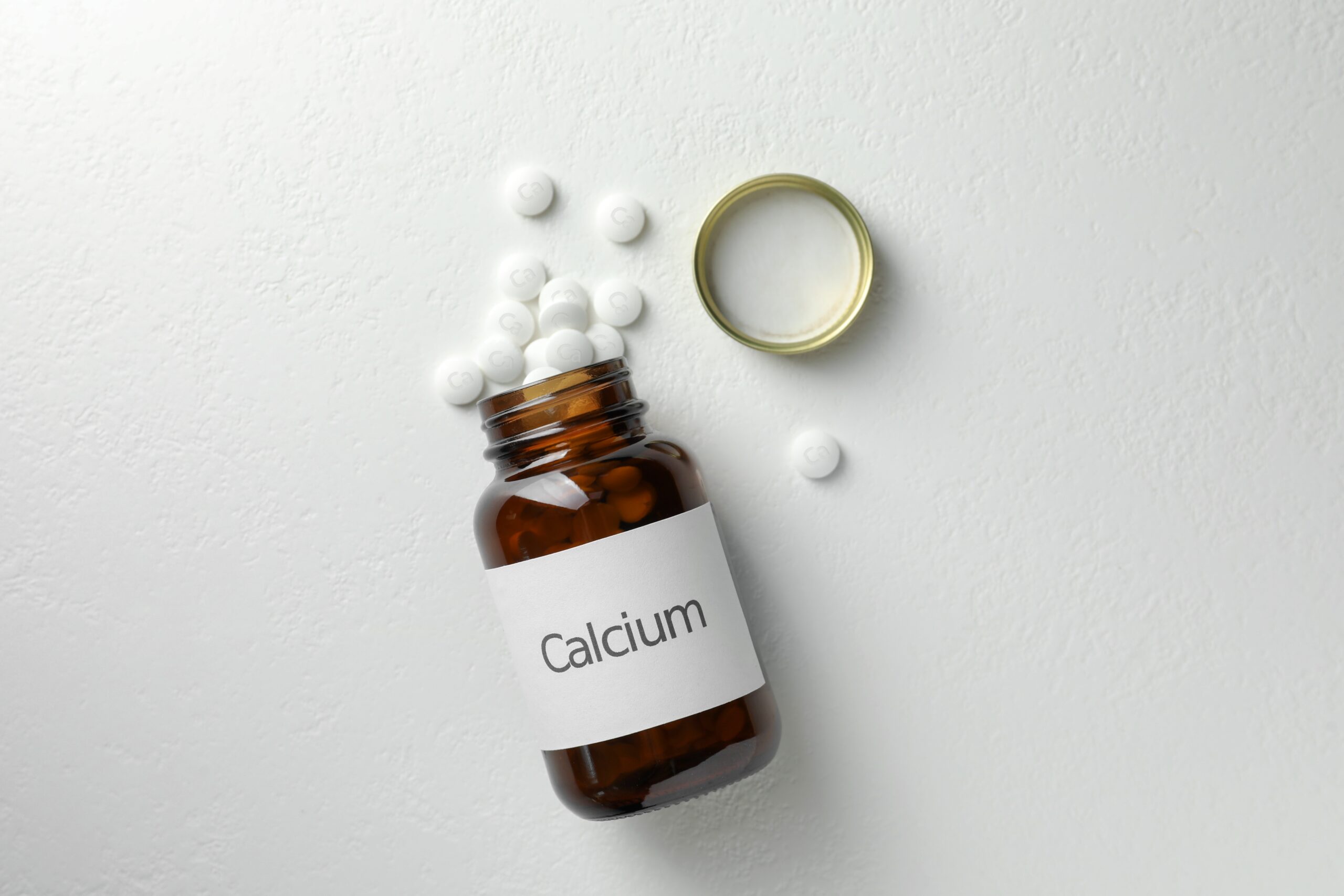
Many people, particularly older adults, take calcium supplements to support bone health, but they may not be as beneficial as once thought. Research has shown that high doses of calcium supplements can lead to kidney stones and cardiovascular issues. Most adults can meet their calcium needs through dietary sources like dairy products, leafy greens, and fortified foods. Calcium from food is better absorbed by the body, reducing the risk of adverse effects. Unless you’re at risk of a calcium deficiency, experts recommend skipping the supplements.
Vitamin E
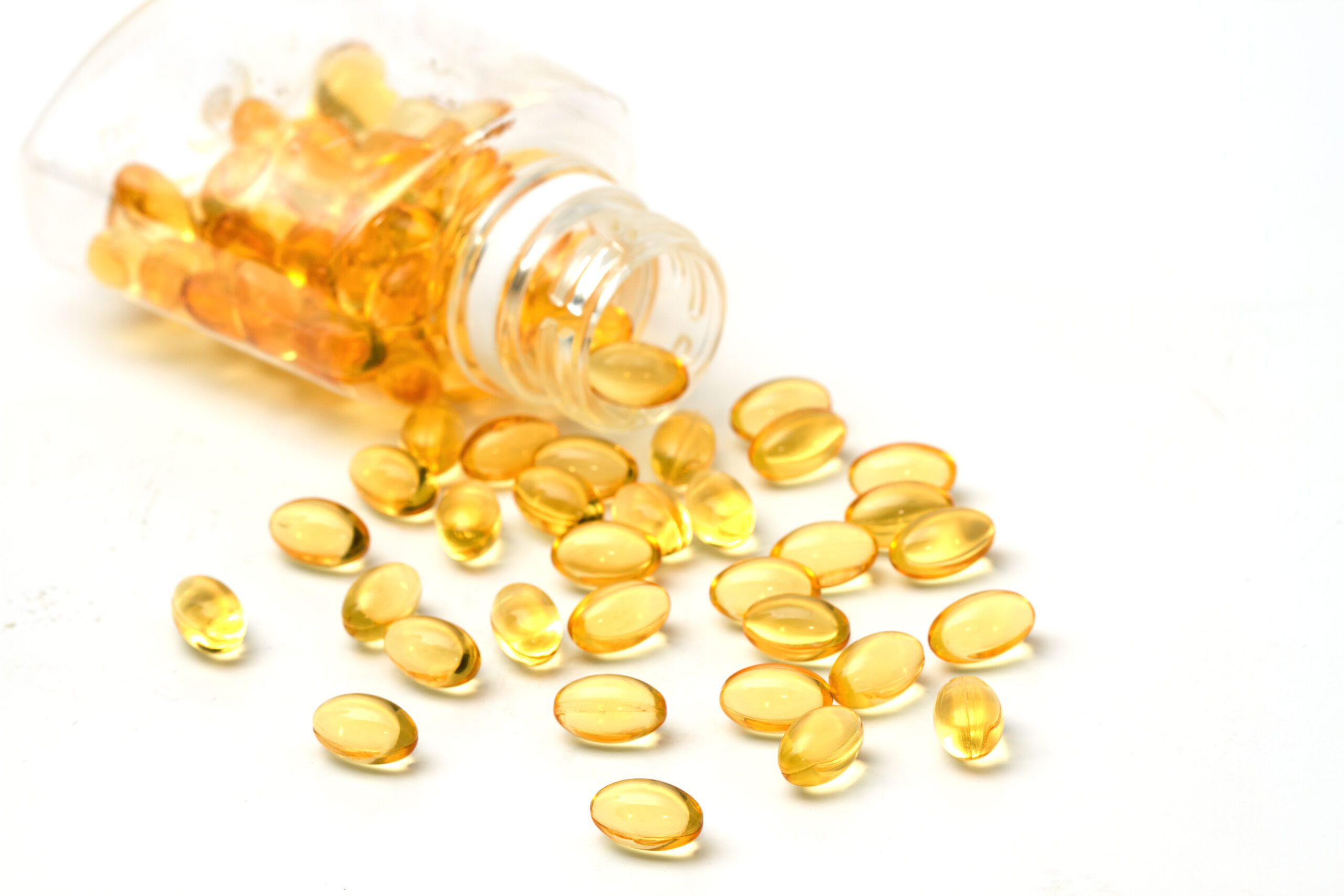
Vitamin E has been promoted as an antioxidant that protects against heart disease and cancer, but recent studies suggest otherwise. In fact, high doses of vitamin E supplements have been linked to an increased risk of stroke and prostate cancer in men. Most people get enough vitamin E from nuts, seeds, and leafy greens, making supplementation unnecessary. Moreover, vitamin E is fat-soluble, meaning it can accumulate in the body and lead to toxicity if overconsumed. Experts suggest steering clear of vitamin E supplements unless specifically recommended by a healthcare provider.
Omega-3 Fish Oil
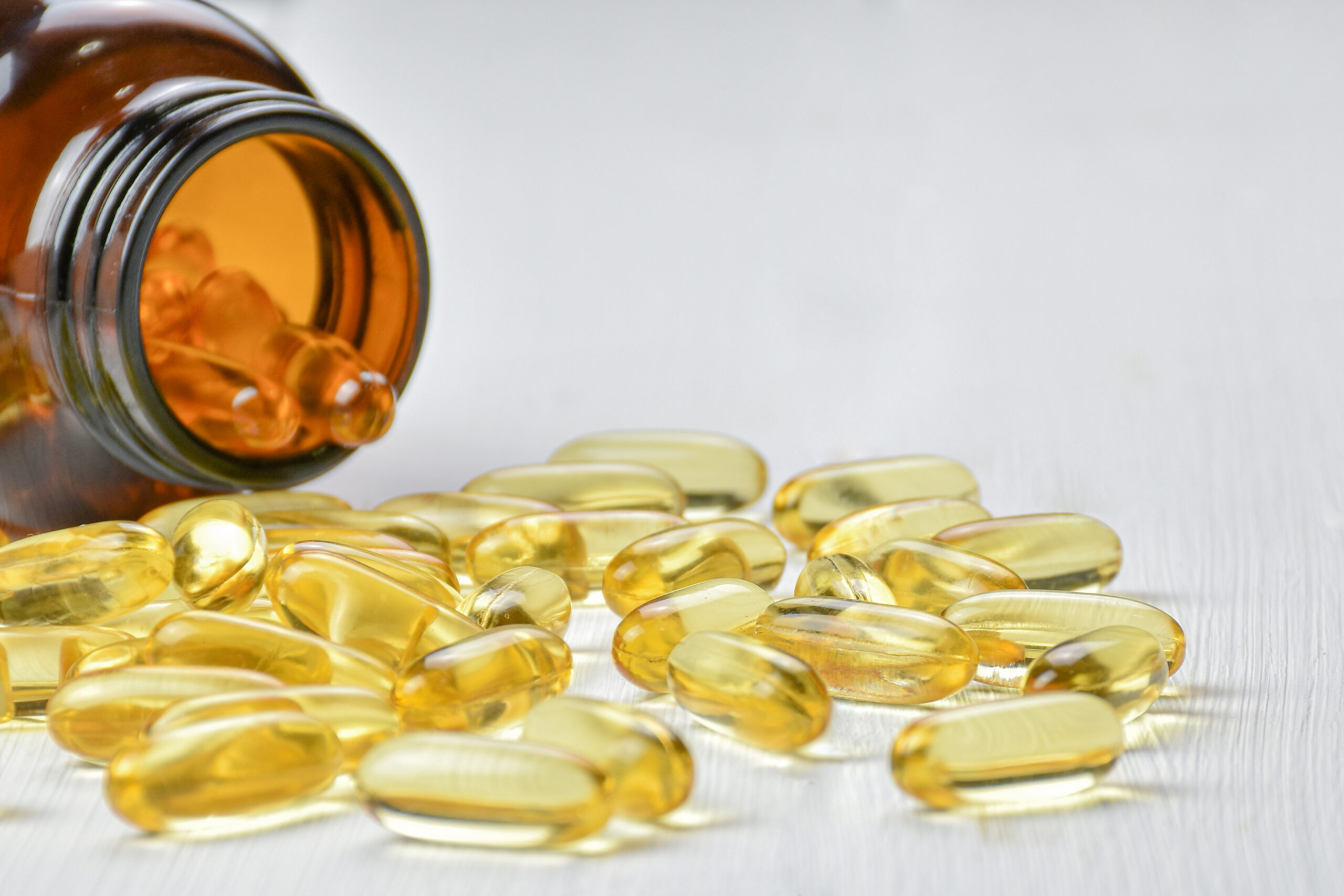
Omega-3 fish oil supplements are often touted for their heart health benefits, but experts argue they may not be necessary for everyone. If you already eat fatty fish like salmon or mackerel, you’re likely getting enough omega-3s. Studies have shown mixed results regarding the benefits of fish oil supplements for heart disease prevention. Additionally, some supplements may contain contaminants like mercury. If you don’t consume fish, consider plant-based omega-3 sources like flaxseeds and walnuts instead of relying on supplements.
Iron
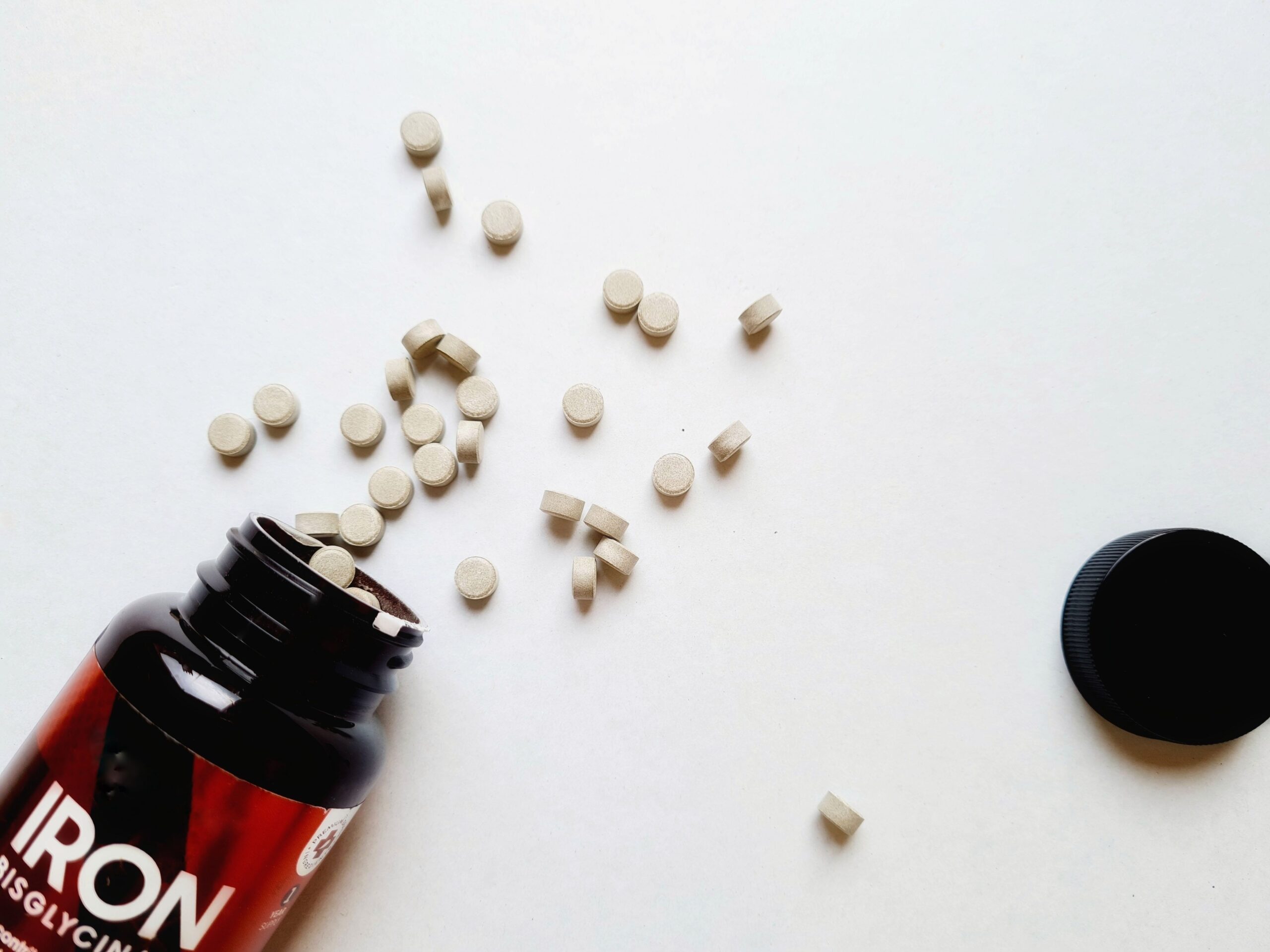
Iron supplements are commonly used to treat anemia, but most people with a balanced diet don’t need them. Iron deficiency is more common in women of childbearing age and people with specific health conditions, but for the average person, dietary sources like red meat, beans, and spinach provide adequate iron. Excessive iron intake can cause constipation, nausea, and more serious conditions like liver damage. Before starting an iron supplement, it’s essential to have your iron levels checked by a doctor to avoid unnecessary risks.
B Vitamins

B vitamins are essential for energy production, but most people get plenty from their diet, particularly if they eat meat, eggs, and dairy. Vitamin B supplements are often marketed as energy boosters, but they don’t provide an immediate energy surge like caffeine. In fact, over-supplementing with B vitamins can lead to nerve damage and other health issues. Unless you have a diagnosed deficiency, which is rare, experts recommend skipping these supplements and focusing on getting B vitamins from whole foods.
Zinc
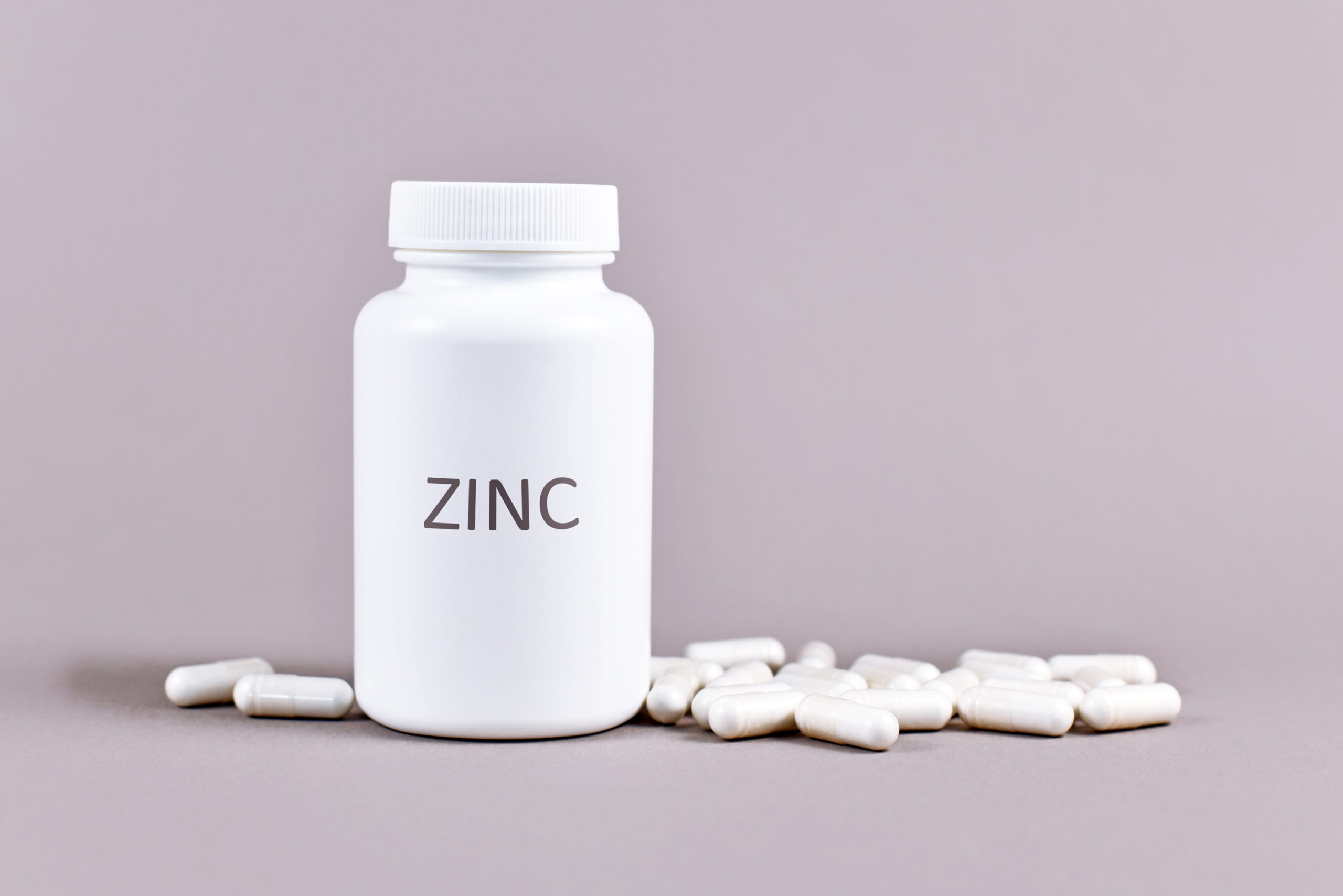
Zinc is commonly taken to shorten the duration of colds, but experts are skeptical about its effectiveness. While zinc is vital for immune function, most people get enough from their diet through foods like meat, beans, and nuts. Supplementing with high doses of zinc can lead to side effects like nausea, vomiting, and a loss of smell. Long-term overuse may also interfere with the absorption of other essential minerals like copper. Unless you have a deficiency, taking extra zinc is unnecessary and potentially harmful.
Magnesium

Magnesium supplements are often taken for muscle cramps and sleep problems, but most people get enough magnesium from their diet. Foods like nuts, seeds, whole grains, and leafy greens are rich in magnesium, and deficiency is rare. High doses of magnesium supplements can cause diarrhea, nausea, and even heart problems in some cases. Unless you have a diagnosed magnesium deficiency, experts recommend focusing on dietary sources rather than supplements.
Probiotics
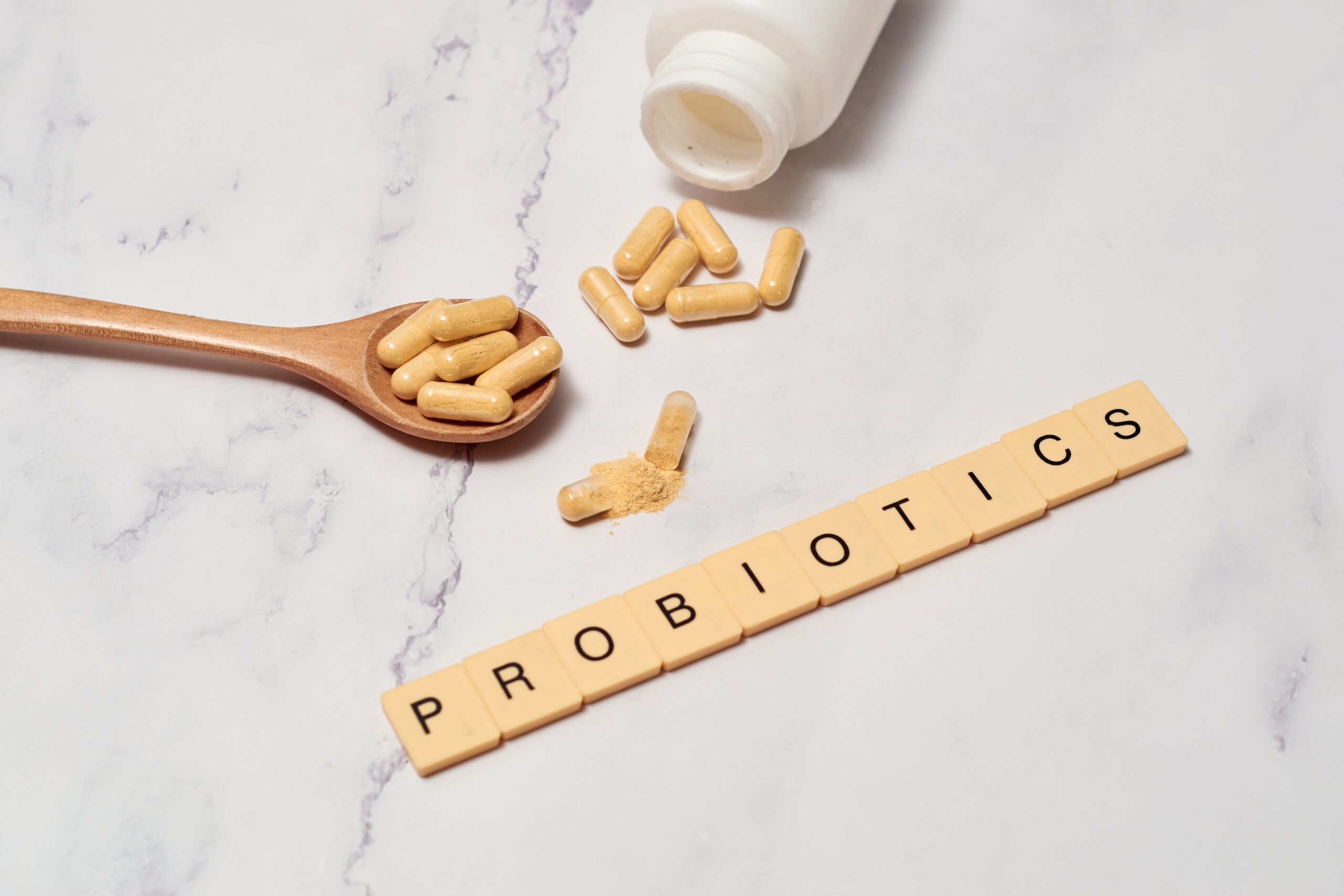
Probiotics are often marketed as a cure-all for gut health, but their necessity is questionable. While probiotics can help individuals with specific gastrointestinal issues, such as irritable bowel syndrome, they are not required for everyone. Most people can maintain a healthy gut microbiome through a fiber-rich diet that includes fruits, vegetables, and fermented foods like yogurt and sauerkraut. Furthermore, some probiotic supplements don’t contain the strains needed for particular conditions. Experts recommend consulting a healthcare provider before starting a probiotic supplement.
Collagen
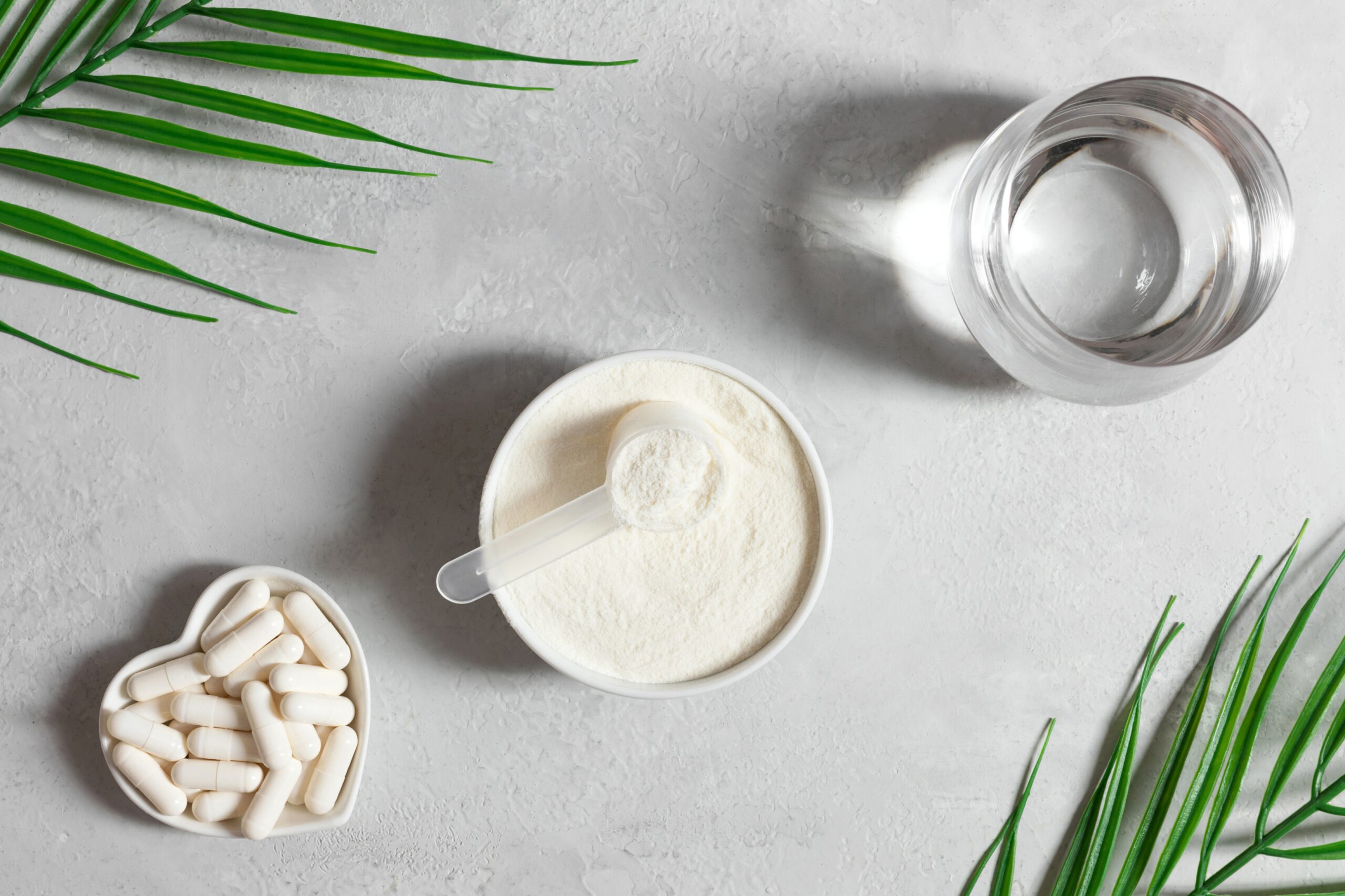
Collagen supplements have become popular for their purported benefits to skin, hair, and joint health, but experts are skeptical. Collagen is broken down during digestion and may not provide the same benefits as obtaining it from food sources like bone broth, fish, and eggs. Studies on collagen’s effectiveness in improving skin elasticity and reducing wrinkles are limited, and many results are inconclusive. For most people, a balanced diet with protein-rich foods will support collagen production without the need for supplements.
Detox Teas and Supplements

Detox teas and supplements are marketed as a way to cleanse the body of toxins, but they are largely unnecessary. The liver and kidneys are efficient at removing waste from the body without the need for added detox products. These supplements often contain laxatives, which can lead to dehydration, electrolyte imbalances, and long-term digestive issues. There is little scientific evidence to support the claims made by detox supplement manufacturers. Experts recommend avoiding these products and focusing on a healthy diet and hydration for natural detoxification.
Glucosamine and Chondroitin

Glucosamine and chondroitin supplements are commonly used for joint health, particularly for those with osteoarthritis. However, studies have shown mixed results on their effectiveness in relieving joint pain. Some research suggests that these supplements offer little to no benefit for most people. Additionally, they can cause side effects like gastrointestinal discomfort. Experts recommend trying physical therapy and anti-inflammatory medications before resorting to supplements for joint issues.
Melatonin

Melatonin supplements are widely used for sleep issues, but experts argue that they may not be necessary for everyone. The body naturally produces melatonin in response to darkness, regulating the sleep-wake cycle. For most people, practicing good sleep hygiene, such as reducing screen time before bed and maintaining a regular sleep schedule, can help improve sleep without the need for supplements. Overuse of melatonin can disrupt the body’s natural production, leading to dependency and reduced effectiveness over time.
Vitamin D
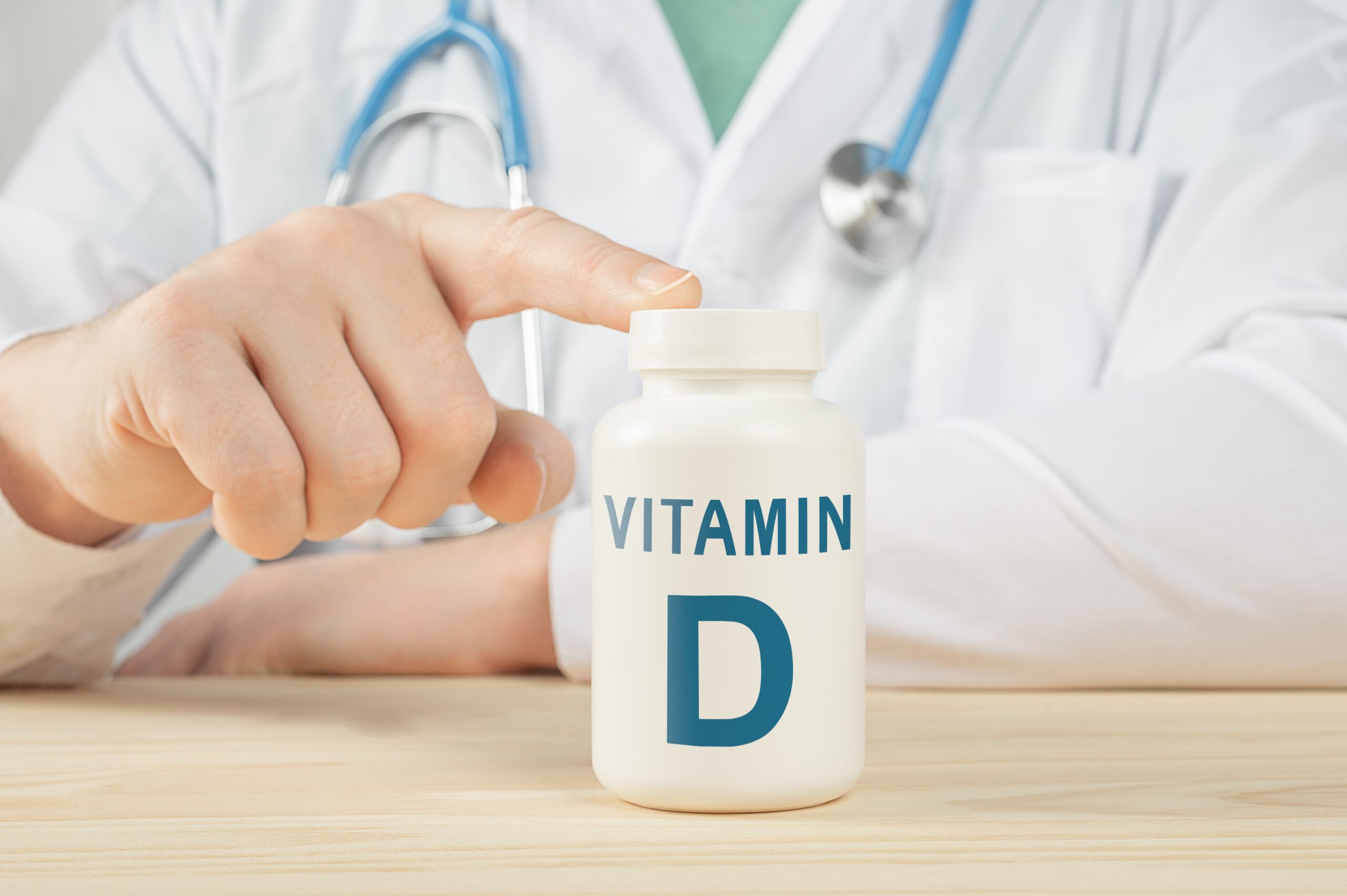
Vitamin D supplements are often recommended for bone health, but many experts believe that not everyone needs them. While vitamin D is essential for calcium absorption, most people can get enough through exposure to sunlight and foods like fatty fish and fortified dairy products. Excessive vitamin D supplementation can lead to toxicity, causing issues like hypercalcemia and kidney damage. Before taking a vitamin D supplement, it’s crucial to have your levels checked by a doctor to avoid unnecessary supplementation.
Iodine

Iodine is essential for thyroid function, but iodine deficiency is rare in developed countries where iodized salt is widely used. Most people get enough iodine through their diet without needing supplements. Taking too much iodine can lead to thyroid dysfunction, including hyperthyroidism or hypothyroidism. Unless you live in a region where iodine deficiency is common, experts advise against supplementing with iodine unnecessarily.
This article originally appeared on RetailShout.
More From RetailShout
15 Aldi Meat and Seafood Finds for Affordable Dinners

When it comes to finding affordable, tasty dinner options, Aldi is a top choice. They’ve got a fantastic range of meats and seafood that not only fit your budget but also make meal prep a breeze. Read More.
15 Irresistible Appetizer Recipes for Your Next Party

Planning a party can be fun, but figuring out what appetizers to serve can be a challenge. You want something that’s easy to make, sure to impress, and keeps everyone coming back for more. Read More.
16 Decadent Cheesecake Recipes You Can Make at Home

If you’re craving a rich, creamy dessert, there’s nothing quite like homemade cheesecake. From classic New York-style to unique flavor combinations, these cheesecake recipes will satisfy your sweet tooth and impress guests. Read More.






